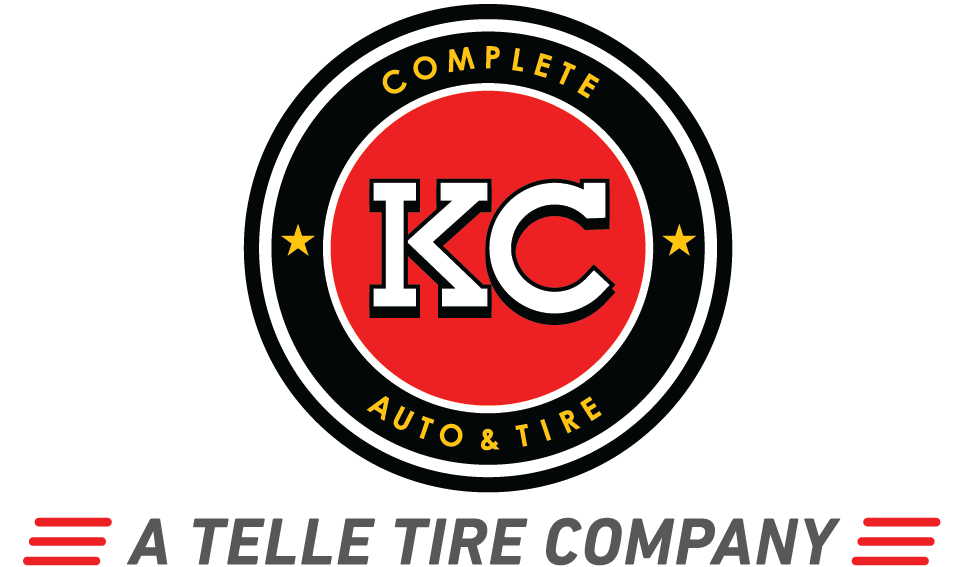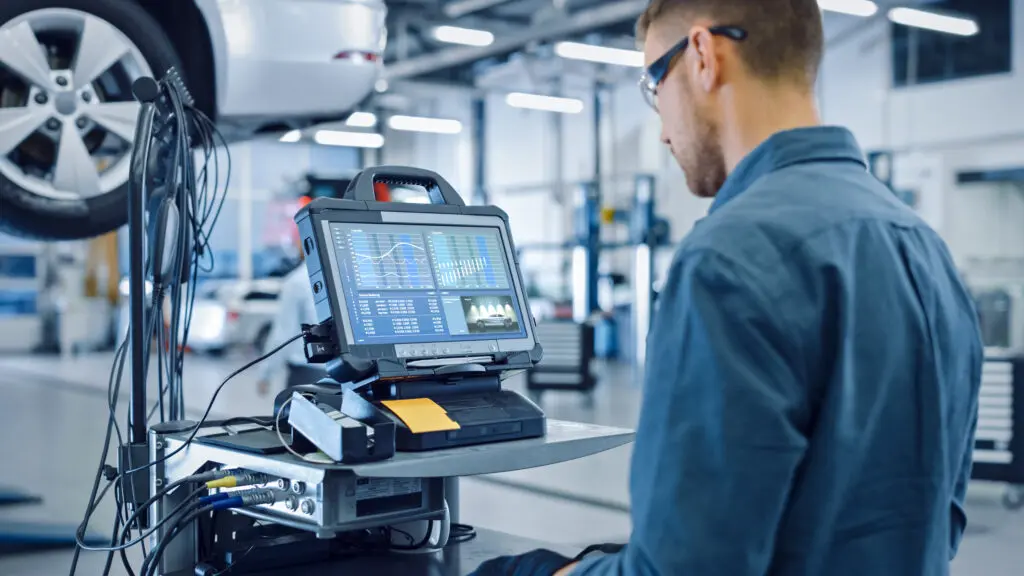How Much is a Car Diagnostic Test?
When that ominous check engine light illuminates in the dashboard, it’s a clear signal that something is most likely wrong with your vehicle. To avoid potentially costlier issues in the future, it’s essential to have the cause checked promptly. Unfortunately, concerns regarding the cost of diagnosing the problem can deter many from taking this important step. To fully understand car diagnostic services, you must first understand what diagnostics include and why they’re a crucial aspect of vehicle maintenance.
Average Cost of Car Diagnostics
Car diagnostic costs can vary, impacting the overall budget for resolving vehicle issues. On average, a car diagnostic test typically ranges from $50 to $100. Some automotive parts retail shops may offer simple diagnostics for free, but it’s reliant on the vehicle’s computer system throwing the correct code. Additionally, they won’t be able to offer repairs if an issue is diagnosed, so choosing a more comprehensive diagnostics test from an actual mechanic shop is important.
Factors that will Influence Diagnostic Test Cost
No two diagnostics tests are the same. There are several factors that influence the cost of a car diagnostic test, including:
- Location: Urban areas may have higher diagnostic costs due to a higher cost of living and operation for the local auto repair shops. Rural areas tend to cost less due to the lower cost of living and less overhead for those service providers.
- Mechanic Experience Level: Experienced mechanics may charge more for their expertise and accuracy in diagnosing vehicle issues. Less experienced mechanics charge less but require more time to make an accurate diagnosis.
- Vehicle Make and Model: Some vehicles have complex electronic systems, making diagnostics more intricate and potentially more expensive.
What is a Car Diagnostic Test?
A car diagnostic test involves connecting a specialized scanner to your vehicle’s onboard computer system to retrieve error codes and gather information about its performance. This test is instrumental in identifying issues related to the engine, transmission, exhaust system, or other vital components. When your check engine light comes on, or your system provides a specific error code, a diagnostic test is crucial to pinpoint the problem accurately.
What Does a Full Car Diagnostic Include?
Visiting a mechanic shop for a comprehensive car diagnostic test provides a detailed analysis of your vehicle’s systems. It typically includes:
- Error Code Retrieval: Identifying specific error codes to pinpoint the issue accurately
- Engine Performance Analysis: Evaluating engine performance and detecting irregularities or inefficiencies
- Transmission Check: Assessing the transmission’s functionality and identifying potential problems
- Emission System Analysis: Checking the emission control system to ensure compliance with environmental regulations
What Are the Car Diagnostic Tools?
The car diagnostic tools used play a critical role in identifying and diagnosing issues within the vehicle’s systems. These tools are essential for mechanics and car owners to gather valuable data about the vehicle’s performance, enabling accurate troubleshooting and timely repairs. Each tool offers unique features and capabilities, and some of the most common types used include:
- OBD2 Scanner (On-Board Diagnostics 2 Scanner): OBD2 scanners are widely used and versatile diagnostics that connect to the vehicle’s OBD2 port, usually near the steering column, and communicate with the onboard computer system. These scanners can retrieve error codes and provide detailed information about the issue.
- Scan Tools: Scan tools are more advanced diagnostic devices, offering comprehensive scanning and analysis capabilities. These can access many vehicle systems beyond the standard engine and emissions, including transmission, anti-lock braking system, airbags (ABS), and more. Scan tools provide in-depth insights into various parameters, allowing for a more thorough diagnosis of the vehicle’s health.
- Diagnostic Software: Diagnostic software is an essential tool for automotive technicians and repair shops. Often used in conjunction with a computer or tablet, they enable a deeper analysis of the vehicle’s electronic control units, or ECUs. The software is capable of accessing and interpreting complex data to provide detailed information about each system and pinpoint specific faults or malfunctions.
- Digital Multimeter: Although this is not exclusively a diagnostic tool, multimeters are an indispensable tool for diagnosing electrical issues in a vehicle. These measure voltage, current, and resistance, helping diagnose problems in the electrical system, circuits, and components.
- Scope or Oscilloscope: Oscilloscopes are specialized tools used to analyze electrical signals. In automotive diagnostics, scopes are used to visualize and measure electrical waveforms, helping diagnose issues with sensors, ignition systems, and more.
Is a Car Diagnostic Test Worth It?
Absolutely – a car diagnostic test is an investment in your vehicle’s longevity (and your peace of mind). Here are some benefits of car diagnostics and reasons why they’re worth every penny:
- Early Issue Detection: Identify potential problems before they escalate into major, costlier issues
- Optimal Performance: Help maintain your vehicle’s performance and fuel efficiency
- Safety Assurance: Ensure your vehicle is safe to drive by identifying critical safety-related issues
When to Book a Diagnostic Test
Booking a diagnostic test at the right time is essential to maintain your vehicle’s health and performance. Here’s when it would make the most sense to have a diagnostic test performed:
- The check engine light is on: The most obvious indicator that something requires attention in your vehicle is when your check engine light illuminates in your dashboard.
- Purchased a used car: Looking at a used car could come with hidden problems. A diagnostic test can help ensure you did not inherit any undisclosed issues from the previous owner.
- Preventative maintenance: Regular diagnostic tests for proactive maintenance help keep your vehicle in top shape, finding problems before they get worse.
- Something feels “off”: Anytime you notice your vehicle exhibiting unusual behavior or making strange sounds, a diagnostic test can help uncover hidden issues.
Get to the Root of the Problem with Computer Diagnostics at Telle Tire
Understanding the cost and significance of car diagnostic tests are vital for responsible vehicle ownership. Don’t let uncertainty about expenses deter you from ensuring your vehicle’s health and safety. A timely diagnostic test can save you money and keep your vehicle running smoothly for years.
When your check engine light comes on, or it’s time for maintenance or repair, trust Telle Tire’s expertise and advanced diagnostic services. Our skilled mechanics utilize top-tier diagnostic tools to accurately and promptly identify and resolve your vehicle issues.
Ready to get your peace of mind back and get your vehicle safely back on the road? Get in touch with our experts, or visit your nearest Telle Tire location today.




